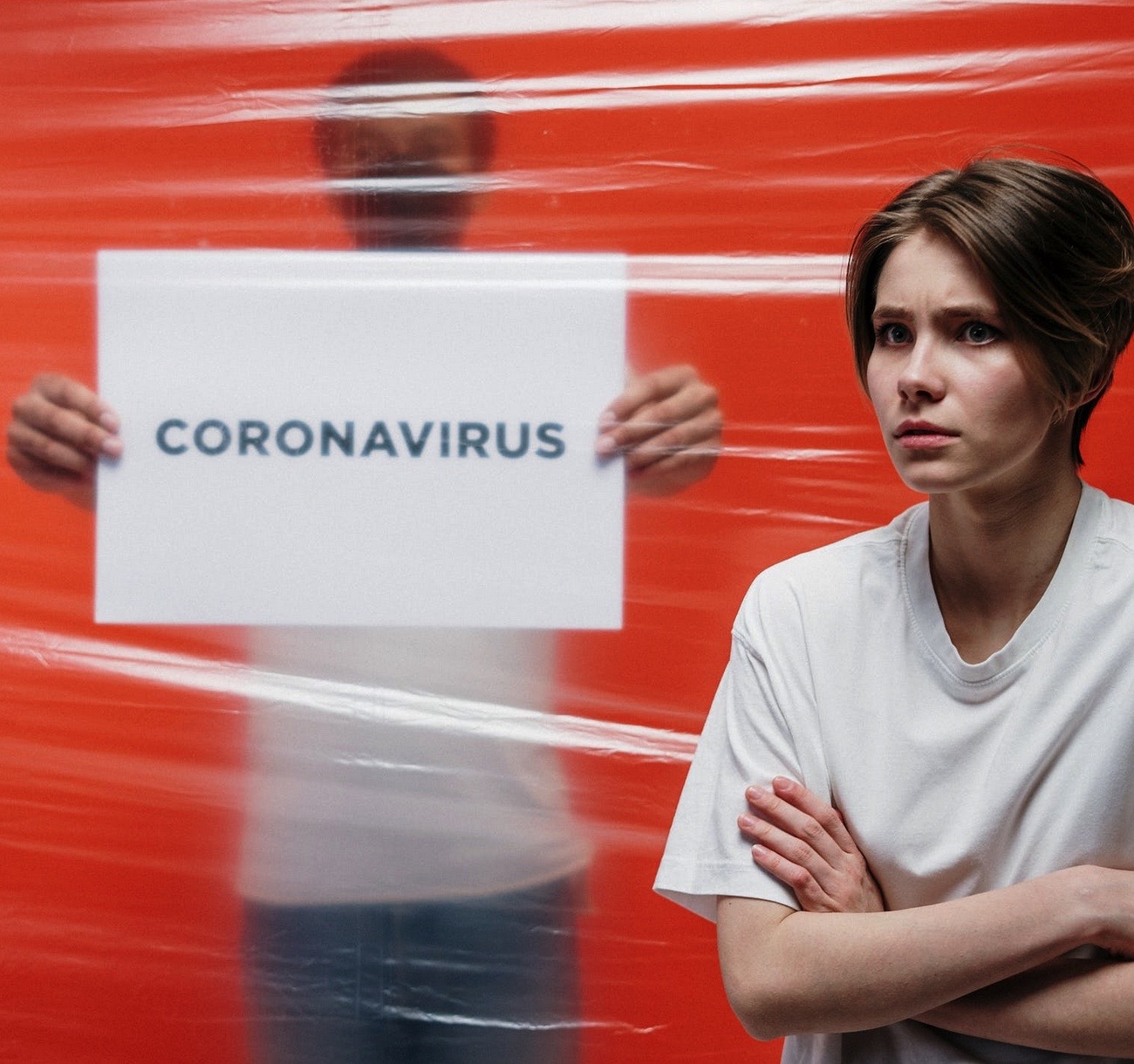The extended unconscious group field and metabolization of pandemic experience: dreaming together to keep cohesion alive

Submitted: June 19, 2022
Accepted: November 28, 2022
Published: December 29, 2022
Accepted: November 28, 2022
Abstract Views: 716
PDF: 365
HTML: 18
HTML: 18
Publisher's note
All claims expressed in this article are solely those of the authors and do not necessarily represent those of their affiliated organizations, or those of the publisher, the editors and the reviewers. Any product that may be evaluated in this article or claim that may be made by its manufacturer is not guaranteed or endorsed by the publisher.
All claims expressed in this article are solely those of the authors and do not necessarily represent those of their affiliated organizations, or those of the publisher, the editors and the reviewers. Any product that may be evaluated in this article or claim that may be made by its manufacturer is not guaranteed or endorsed by the publisher.
Similar Articles
- Miriam Steele, Anna Maria Speranza, Special issue: Research in child and adolescent psychotherapy , Research in Psychotherapy: Psychopathology, Process and Outcome: Vol. 25 No. 1 (2022)
- Marjolein M. W. Koementas-de Vos, Lucas C. Colleye, Bea Tiemens, Fabiana Engelsbel, Kim de Jong, Cilia L. M. Witteman, M. Annet Nugter, The feasibility, acceptability and effectiveness of a feedback-informed group treatment (FIGT) tool for patients with anxiety or depressive disorders , Research in Psychotherapy: Psychopathology, Process and Outcome: Vol. 25 No. 3 (2022): SPECIAL ISSUE: "Group psychotherapy: between settled benchmarks and new horizons"
- Pim Cuijpers, Claudio Gentili, Psychological treatments are as effective as pharmacotherapies in the treatment of adult depression: a summary from Randomized Clinical Trials and neuroscience evidence , Research in Psychotherapy: Psychopathology, Process and Outcome: Vol. 20 No. 2 (2017)
- Mario Fulcheri, Danilo Carrozzino, The clinical consequence of positive mental health in psychotherapy , Research in Psychotherapy: Psychopathology, Process and Outcome: Vol. 20 No. 2 (2017)
- Alessandro Gennaro, Omar C. G. Gelo, Gloria Lagetto, Sergio Salvatore, A systematic review of psychotherapy research topics (2000-2016): a computer-assisted approach , Research in Psychotherapy: Psychopathology, Process and Outcome: Vol. 22 No. 3 (2019)
- Gonca Soygüt, İsmail Volkan Gülüm, A thematic analysis of therapists' perspectives on therapeutic alliance rupture moments , Research in Psychotherapy: Psychopathology, Process and Outcome: Vol. 19 No. 2 (2016)
- Irene Messina, Henriette Löffler-Stastka, Psychotherapists’ perception of their clinical skills and in-session feelings in live therapy versus online therapy during the COVID-19 pandemic: a pilot study , Research in Psychotherapy: Psychopathology, Process and Outcome: Vol. 24 No. 1 (2021)
- Milena Mancini, Giovanni Stanghellini, Values in persons with borderline personality disorder: their relevance for the therapeutic interview , Research in Psychotherapy: Psychopathology, Process and Outcome: Vol. 23 No. 1 (2020)
- Francesco De Bei, Diego Rocco, Silvia Salcuni, Introduction to the Special Section on “The Role of Psychotherapy Research in Psychotherapy Training: Mutual Influences and Relations” , Research in Psychotherapy: Psychopathology, Process and Outcome: Vol. 22 No. 3 (2019)
- Omar Carlo Gioacchino Gelo, Silvia Salcuni, Antonello Colli, Text Analysis within Quantitative and Qualitative Psychotherapy Process Research: Introduction to Special Issue , Research in Psychotherapy: Psychopathology, Process and Outcome: Vol. 15 No. 2 (2012)
<< < 13 14 15 16 17 18 19 20 21 > >>
You may also start an advanced similarity search for this article.

 https://doi.org/10.4081/ripppo.2022.646
https://doi.org/10.4081/ripppo.2022.646





